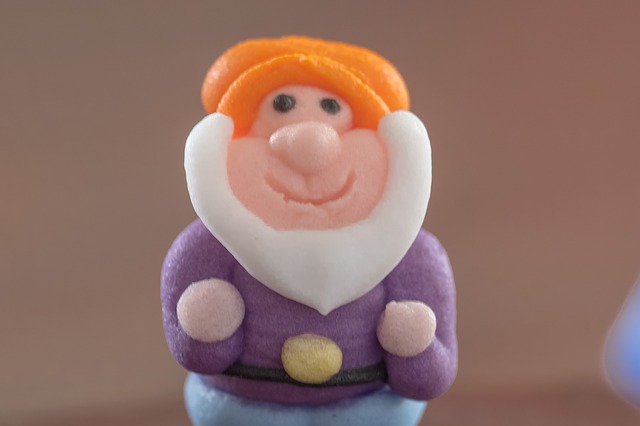The way the question above is asked suggests that Thanksgiving isn’t a big deal. However, I disagree – the holiday of Thanksgiving is a big deal and so is the giving of thanks.
The Thanksgiving holiday is not the only day of the year we should be thankful, but it is a day of emphasis and focus on being thankful. If someone is not in the habit of expressing gratitude on a regular basis, at least once a year the holiday does raise the subject.
I don’t know if the holiday is a big deal to God or not, but giving thanks seems to be. The Bible includes numerous calls and instruction to be thankful as well as examples of expressing thanks (especially in the book of Psalms). Luke 17:11-19 tells of an occasion when Jesus healed 10 lepers; only one returned to thank him and while Jesus appreciated the one who did return, he was apparently disappointed the other nine did not.
I think the importance of being thankful and expressing it is seen in the Apostle Paul’s letter to the Colossians. In a three verse section he underscores being thankful three times: “Let the peace of Christ rule in your hearts, since as members of one body you were called to peace. And be thankful. Let the message of Christ dwell among you richly as you teach and admonish one another with all wisdom through psalms, hymns, and songs from the Spirit, singing to God with gratitude in your hearts. 17 And whatever you do, whether in word or deed, do it all in the name of the Lord Jesus, giving thanks to God the Father through him” (Colossians 3:15-17). Giving thanks seems like a big deal to Paul, doesn’t it?
God’s call to us as his children is not just to be thankful on the holiday, but all year long. And the challenge is not just to be grateful to him, but to all those who serve us, care for us, bless us, and enrich our lives. What we must guard against is just going through the motions of politely saying thanks without really feeling gratitude. Hopefully, those to whom we express thanks appreciate it; but expressing thanks is also good for us!
I hope you have a wonderful Thanksgiving Day with family and/or friends, a tasty and satisfying meal, and a meaningful public or private time of expressing gratitude. And thank you for reading this post.
Feel free to leave a comment below and/or share this post on Facebook or other social media.




